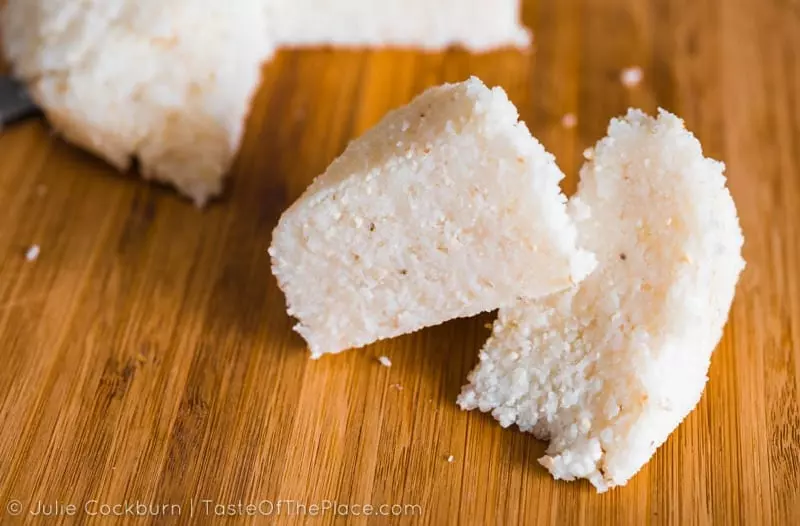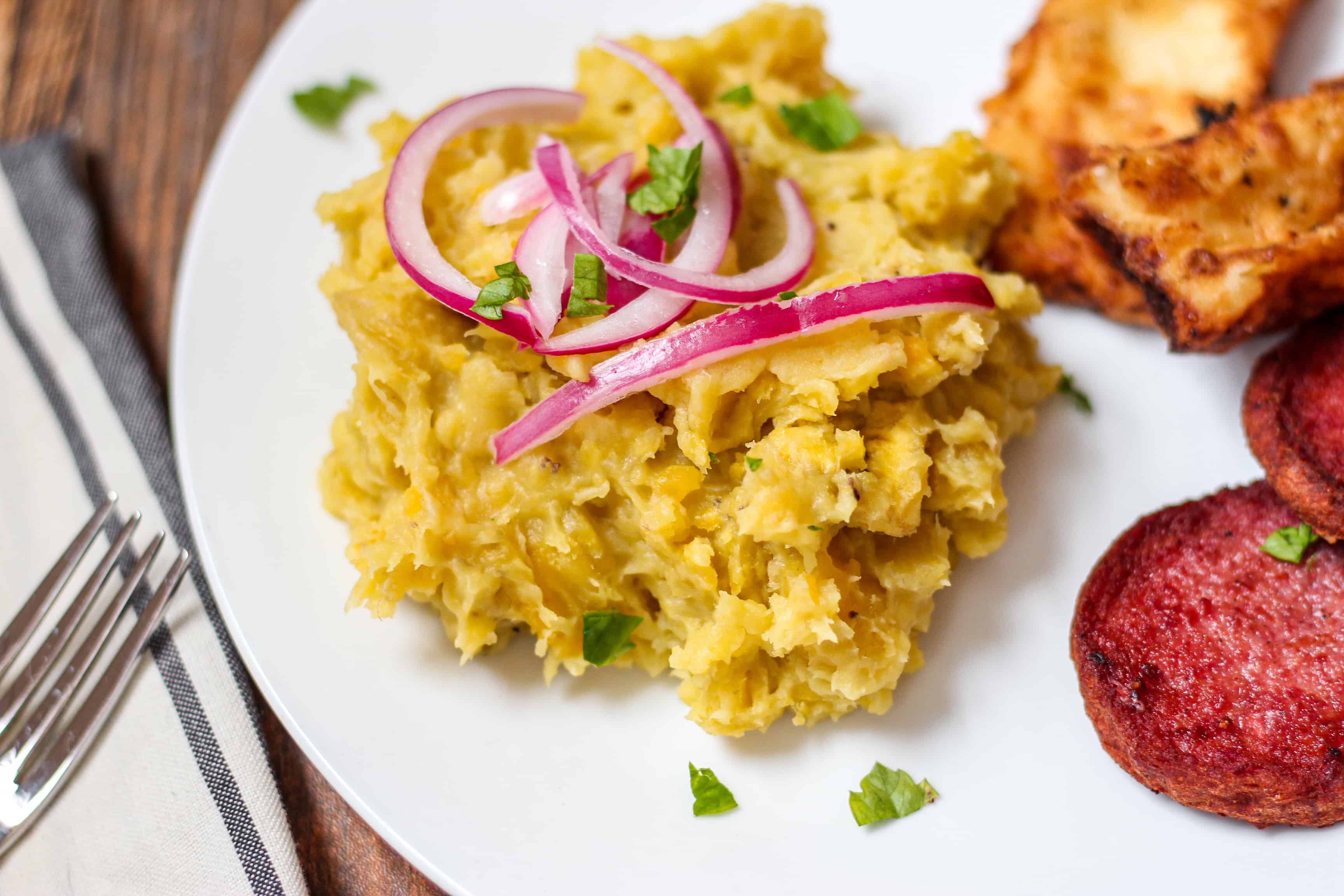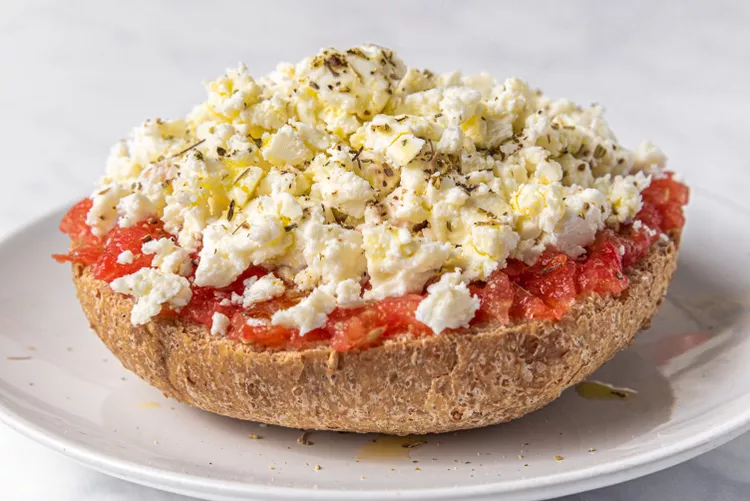Hakuna Matata

The week of my 16th birthday, my parents took my sisters and I to Mombasa, Kenya. Just a short plane ride from our home in Kampala, Uganda, it was the perfect oasis for a little vacation time for us five. Some of my fondest memories in Mombasa are bodysurfing in the Indian Ocean at high tide and laughing while being knocked down by waves again and again. We rode on camels along the beach and buried each other in the sand. I haven’t always enjoyed the beach, so this was a redeeming experience for me. One of my favorite parts of this trip was the wide variety of food we discovered.
Culture of Mombasa
Unlike where we lived in Kampala, Mombasa was known for being a more touristy destination, being on the coast of Kenya. There is much European influence, as well as Indian and Pakistani influences. A common greeting in Mombasa is "hakuna matata," which means “there are no troubles” in Swahili, which is the national language. This phrase shows how the culture of those in Mombasa is to take life at a slower pace and not to worry about things too much. Just being there for a week and interacting with locals every day, I could pick up on this aspect of their culture. I think other cultures would benefit from adopting this mindset.
As mentioned before, Kenya has a lot of European influence. One of the main dishes of Kenya, Ugali, is an example of one such influence.
Ugali
A staple of Kenyan cuisine, Ugali is type of porridge that is thick and starchy. Made of maize flour, it is very similar to the dish posho that I mentioned previously in my post about Uganda. In the 19th century, Portuguese traders brought over corn, or maize, which is the main ingredient in Ugali. Locals began to grow maize as an export, but soon they began to utilize it themselves and created Ugali. Ugali is often served as a side along with stews, curries, or veggie dishes.
Ugali became popular primarily because it is inexpensive and simple to make. It’s significance to Kenyans has to do with memories of home and family. For many, it is the first food they learn how to make when they are growing up. Its simplicity also ties into how Kenyans view food, which, according to Remitly (2023) means “valuing nourishment and sustenance over complexity and extravagance.”
Mombasa holds a special place in my heart. It’s not only where I turned sixteen, but it’s home to some of the best family vacation memories. And of course, many of these memories were made around the dinner table.

